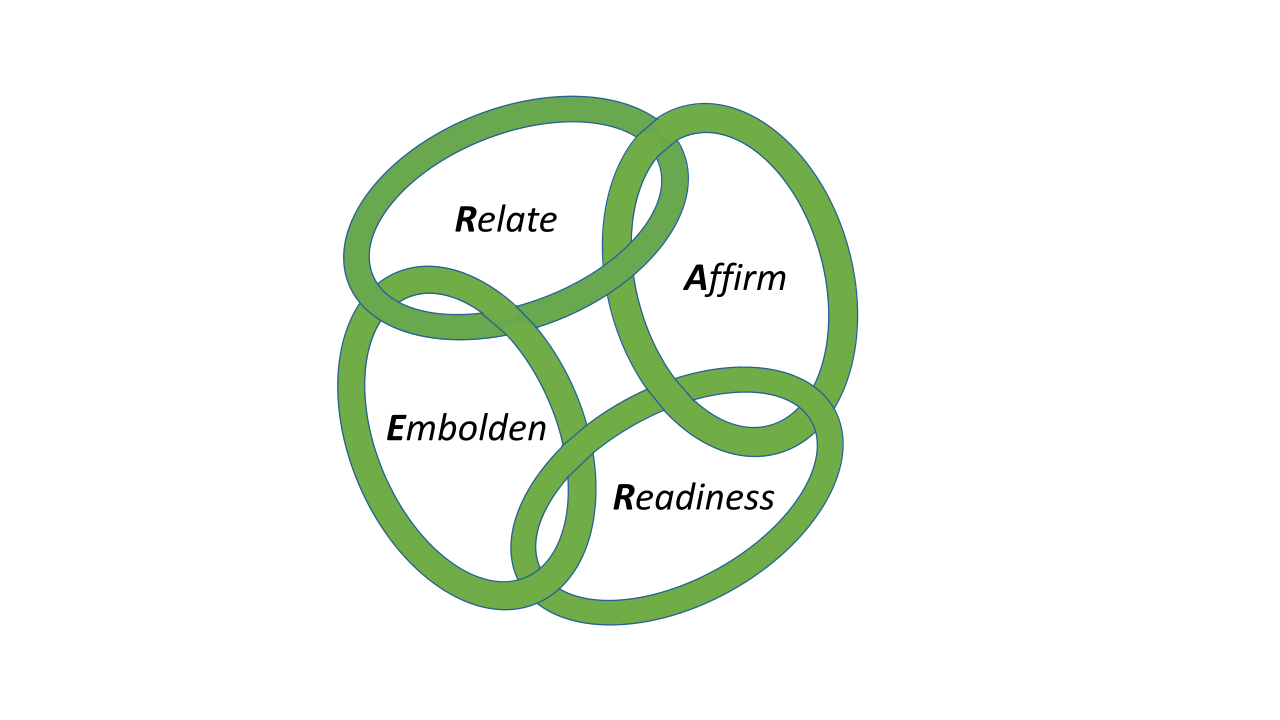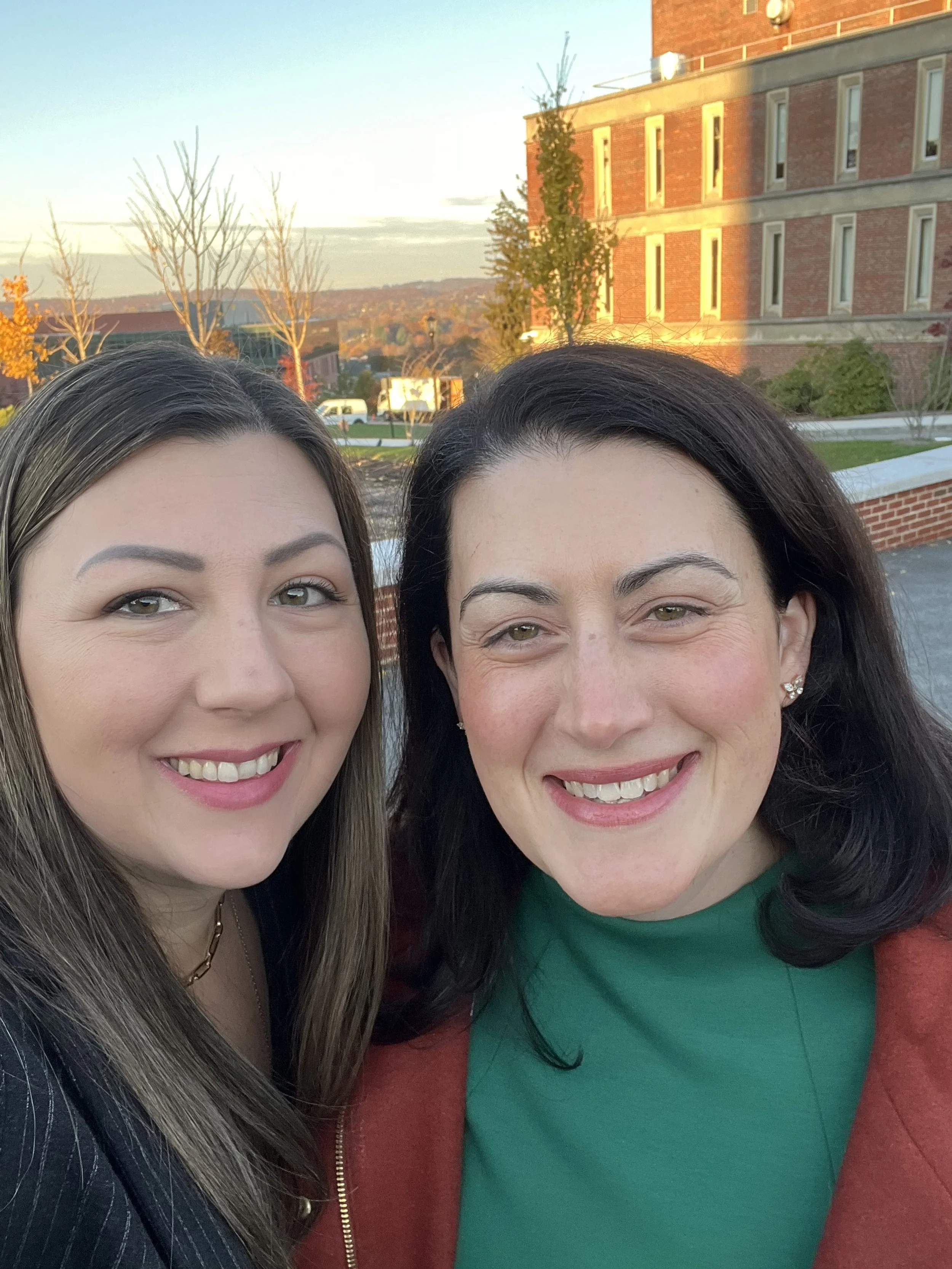Transform Results Into Action
The RARE Model
Assessment is about people, relationships, and growth. The RARE Model helps educators and leaders move beyond resistance and uncertainty to create a culture of assessment that is collaborative, confident, and action-oriented.
The Challenge
Too often, assessment gets stuck in cycles of frustration and hesitation.
Emails go unanswered. Outreach feels one-sided, and the conversation stalls before it begins.
Data feels overwhelming or disconnected from daily work. Instead of guiding decisions, it becomes another spreadsheet lost in the shuffle.
Results are seen as threats instead of opportunities. Numbers are used defensively, not as tools for learning and growth.
Faculty and staff hesitate to share imperfect findings. The fear of “doing it wrong” or revealing shortcomings prevents honest dialogue.
The result? A culture where assessment feels like busywork, imposed mandates, or boxes to be checked rather than a meaningful process that strengthens teaching, learning, and institutional success.
This hesitancy and resistance don’t mean people don’t care. More often, they reflect very real concerns: time pressures, competing priorities, fear of judgment, or past experiences with top-down mandates. Left unaddressed, these barriers limit progress, dampen engagement, and keep institutions from fully leveraging the insights assessment can offer.
But it doesn’t have to stay that way. With the right framework, assessment can shift from something to fear or avoid into something empowering, collaborative, and deeply connected to daily work. That’s where the RARE Model comes in.
The RARE Approach
The RARE Model is built on a simple but powerful premise: assessment is about people. When relationships, trust, and strengths are at the center, assessment becomes not only more effective but also more sustainable.
Relate – Establish trust and build genuine partnerships, so assessment work feels collaborative, not imposed.
Affirm – Highlight existing strengths and progress, helping faculty and staff see what’s already working and feel ownership in the process.
Readiness – Reframe resistance as part of the change journey, transforming defensive reactions into opportunities for reflection and growth.
Embolden – Instill confidence, reduce fear, and empower educators to share results and drive improvements with pride.
Grounded in humanistic counseling, solution-focused approaches, and positive psychology, the RARE Model provides strategies to create a supportive and confident assessment culture—one where assessment is not done to people, but with them.
Why it Works
The RARE Model succeeds because it recognizes what makes assessment hard in the first place. Relationships take time, energy, and trust. People are balancing competing priorities, and assessment can feel like “just one more thing.”
By centering people, the RARE Model:
Reduces resistance by validating concerns and creating safe space for dialogue.
Builds confidence so faculty and staff no longer fear “doing assessment wrong.”
Connects data to daily work, making results meaningful and actionable.
Encourages collaboration, so assessment feels like a shared journey, not a mandate.
When assessment becomes collaborative, it stops being about compliance and starts being about continuous learning and improvement.
We don’t just share ideas—we provide tools, strategies, and support to put the RARE Model into practice. Through interactive workshops, webinars, and resource guides, we help institutions:
Strengthen engagement across departments and teams.
Turn data into action without overwhelm or analysis paralysis.
Develop assessment leaders who can sustain the work long-term.
Adapt strategies to fit your unique context and culture.
With our Collaboration Playbook and tailored resources, you’ll have practical steps for overcoming obstacles, building trust, and creating a lasting culture of meaningful assessment.




